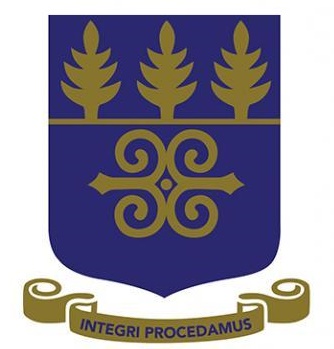KISW 102 2 Credit Hours
Introduction to Kiswahili Studies ll
This information is for second semester 2017/2018 academic year
Teacher responsible
Felix Kwame Sosoo (Group 1 & 2)
Availability
This course is available open to all visiting students but only as a second semester course. It is advisable for students to take this course only after they have taken KISW 101.
Course Content
This course emphasises oral comprehension while it builds upon the basic communicative functional knowledge of the spoken language skills required in KISW 101 such as listening, reading, and speaking. This course will focus on strengthening the students’ oral skills as well as allow them to form simple sentences and to understand expressions made by others. These skills will be extended to cover other domains of interaction and other conversations in a formal setting. The focus is to develop students’ competence in reading, listening and communicating. At the end of the course, students are expected to improve and consolidate their conversational skills and be able to self-express in drill exercises on topics around them and in every day occurrences more effectively.
Teaching
Monday 7:30-9:20 A.M, (Group 1)
Thursday 1:30-3:20 P.M, (Group 2)
Students learn through lectures, prepared reading texts, short stories, verbal class interactions and oral dramatization. Each session will carry a set of simple questions to help assess students’ level of comprehension, understanding and grammatical knowledge.
Formative Coursework
Student’s general performance is assessed through class participation, group presentations, written assignment, class tests and final end-of Semester Examination.
Indicative reading
Kalfan, M.,& Mazrui, A. (2007). Swahili: A complete course for beginners (Spoken World).
Berlin: Living Language.
Mohammed, M. A. (2001). Modern Swahili Grammar. Nairobi: East Africa Educational Press.
Paul et Chacha, L. M. (2001). Mbinu za Kisasa za Kufundisha Kiswahili: Kwa Walimu wa Shule
ya Msingi, Pili na Vyuo. Nairobi: Kenya Literature Bureau.
Russell, J. (2011). Complete Swahili with Two audio CDs: A Teach Yourself Guide (TY: Language Guides). NY: McGraw-Hill.
Senkoro, F.E.M.K. (2003). Tuseme Kiswahili/ Let’s Speak Kiswahili: A Multidimensional
Approach to the Teaching and Learning of Swahili as a Foreign Language-With Swahili-English and English-Swahili. Madison: University of Wisconsin-Madison.
Tune, S. and Abdulla, S. (2003) Kiswahili; Darasa la Kwanza, Dar es Salaam, Oxford University Press.
Assessment and Grading
Class assignments 5% Class attendance 5% Interim assessment 20% End of Semester Examination 70%
Grading Scale:
|
Letter grade |
Marks |
Grade point |
|
A |
80-100 |
4.0 |
|
B+ |
75-79 |
3.5 |
|
B |
70-74 |
3.0 |
|
C+ |
65-69 |
2.5 |
|
C |
60-64 |
2.0 |
|
D+ |
55-59 |
1.5 |
|
D |
50-54 |
1.0 |
|
E |
45-49 |
0.5 |
|
F |
0-44 |
0.0 |

